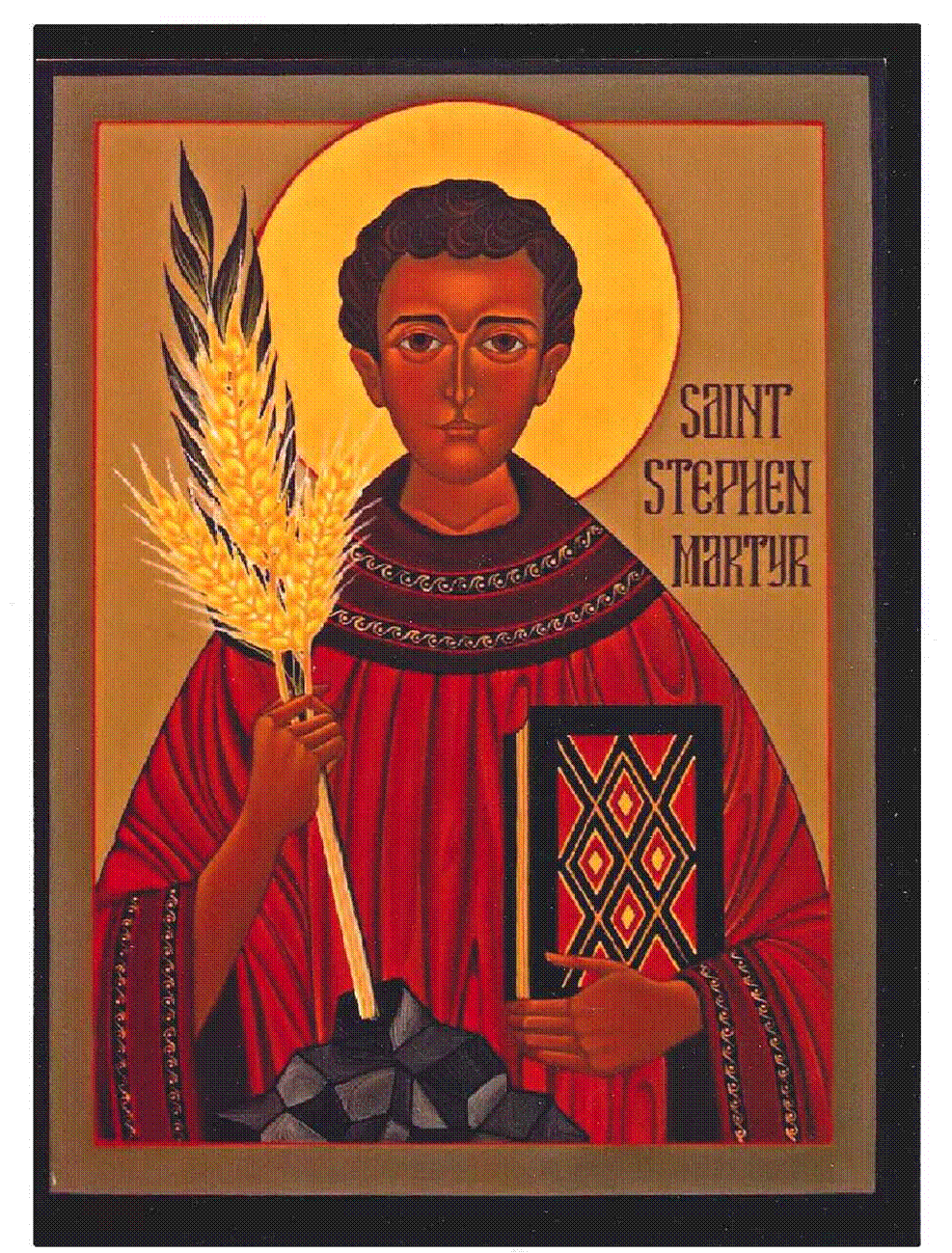A Cappella
- Jun 23, 2025
- 2 min read
Updated: Jun 24, 2025

There are times when I read a story that just resonates with my inner curiosity. Such a story appeared in the Westminster Presbyterian Church Weekly Word two weeks ago. It was one of those reads that had me thinking, “Huh, I didn’t know that. There may be others who might find this interesting, especially those who like to sing.” So, I asked for and was granted permission by the author, Rev. Greg Jones, the Westminster congregation’s senior pastor, to include his message in our eCourier. His message follows:
June 10, 2025
Dear Friends,
Recently, I read something interesting by the Reverend Quinn Caldwell, a colleague in the United Church of Christ. According to legend, a Roman soldier in the fourth century was with his military unit when he spotted a beggar standing beside the road shivering. The soldier whipped out his sword and sliced his own cloak in two and gave half to the poor soul who was freezing. That night, he dreamt that the beggar was Jesus. The soldier dropped out of the army and was baptized. He went on to do remarkable things and eventually became the Bishop of Tours and one of France’s favorite saints – Martin of Tours.
Many artists have captured this moment. A large and beautiful painting of this act of compassion is in the Basilica of Saint Francis of Assisi. You can find others in the National Gallery of Art in Washington, the Getty Museum in Los Angeles, and the Art Institute of Chicago.
The part of the cloak Martin kept eventually became a religious relic that kings would carry into battle. The Latin word for cloak being cappa, the bishop’s half-cloak was called cappella, or “little cloak.”
The priest who tended it, and eventually any priest who accompanied the military, would come to be called a cappellanu. The Latin cappellanu became the French chapelain, which then came to English as chaplain.
Meanwhile, any little shelter built to house Martin’s cappella came to be known as a cappella, then French chapele, and thence to English as chapel. And in chapels too small to house many musical instruments, singing without instrumental accompaniment came to be called a cappella, or “in the chapel style.”
Maybe you already knew this, but I was fascinated to learn that singing a cappella has its roots in a generous, Christ-like gesture caring for someone in need. Where might you meet Jesus in disguise?
Blessings,
Gregory Knox Jones
Senior Pastor/Head of Staff
I have sung “a cappella” a number of times and now I know the etymology of that phrase. Beyond that learning though, this story generated some thoughts on a different level. The world we live in needs more acts of kindness as exemplified by the Roman soldier. We need more people to put others first as a way to live toward a more peaceful fellowship with each other, whether friend or stranger. And, each of us needs to do our part.
Bob Linderman
































Comments